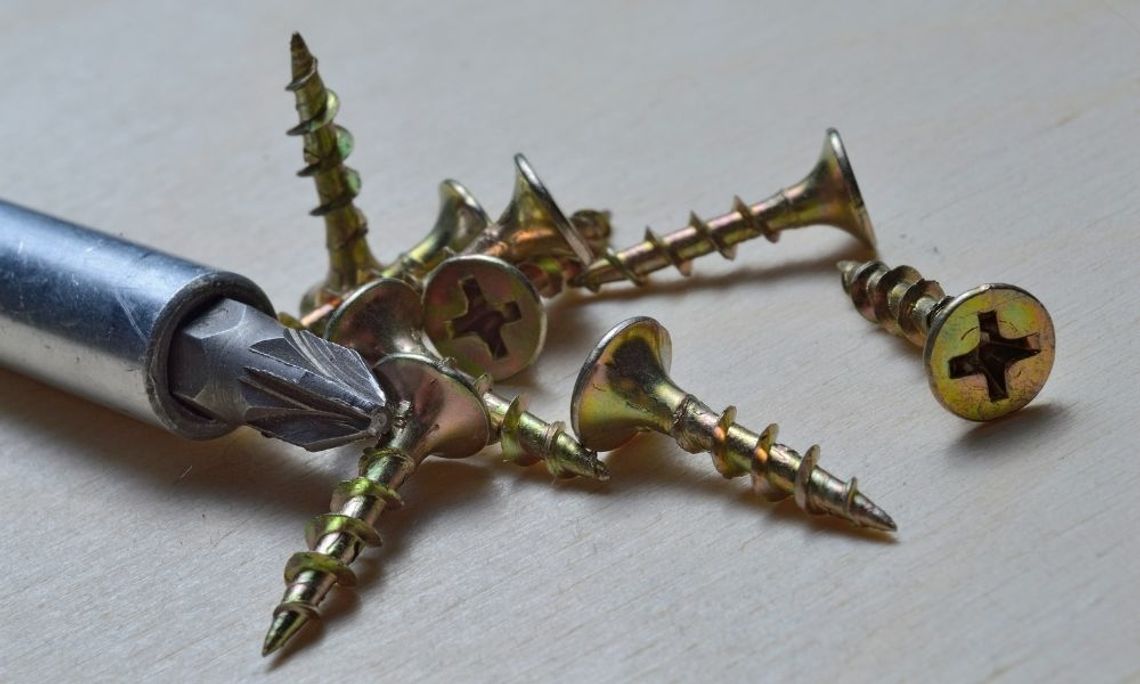Breaking bolts, screws, and studs can put equipment at risk of damage and malfunction, resulting in potential injuries. It’s crucial to understand the cause of broken hardware before it becomes a problem so that you and your workers can practice safety and maintain productivity.
Bolt Locking
Bolt locking occurs in instances of tremendous amounts of vibration. This issue can result in an uneven amount of stress on the bolts, which results in them breaking apart.
Bolts should incorporate locking washers, nuts, wire wraps, cotter pins, and other helpful fasteners. If your hardware breaks, you can find ways to drill out the hardware effectively without risking structural damage.
Overstressing
Overstressing occurs when people place unjustifiable loads onto bolts. Overstressing is one of the most common ways to break screws, bolts, and studs, and it can decrease machine and hardware longevity. If you notice that your hardware seemingly struggles to handle the overbearing weight, swap it with a more appropriate hardware piece.
Corrosion
Metal can deteriorate over time due to interactions in its surroundings. When the majority of the surface atoms oxidize, physical damage occurs. Incompatible substances such as oxygen, naturally occurring chemicals, and other metal products cause a risk of corrosion.
One way to reduce the effects of corrosion involves using pre-applications designed for specific fastener types. This practical and simple method prevents decay and prolongs the hardware’s life.
Hydrogen Embrittlement
Another cause of broken studs, screws, and bolts comes from hydrogen embrittlement. This issue occurs when metals become brittle, resulting from the introduction and diffusion of hydrogen into the metal components. Cracks often follow, stemming from residual stresses, associated operations such as welding and forming, and applied service stresses.
You can avoid letting hydrogen embrittlement hinder your operations by replacing fasteners as soon as cracks form. Moreover, altering the bolts’ atmosphere ensures they are free from anodic solvents and chemicals.
Fatigue
Fatigue is another common reason behind broken hardware. Over their lifetime, screws and bolts can experience fatigue, resulting in lost efficiency. Similar to overstressing, it can relate to service and reloading loads.
Replacing bolts every few years allows you to avoid the issues caused by hardware fatigue. Focus your attention on any equipment that consistently experiences environmental or stress factors, as these factors can contribute to fatigue.


Comment
Comments